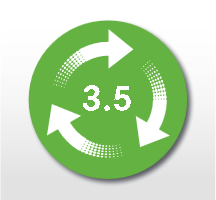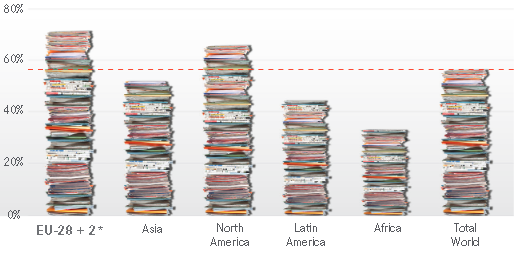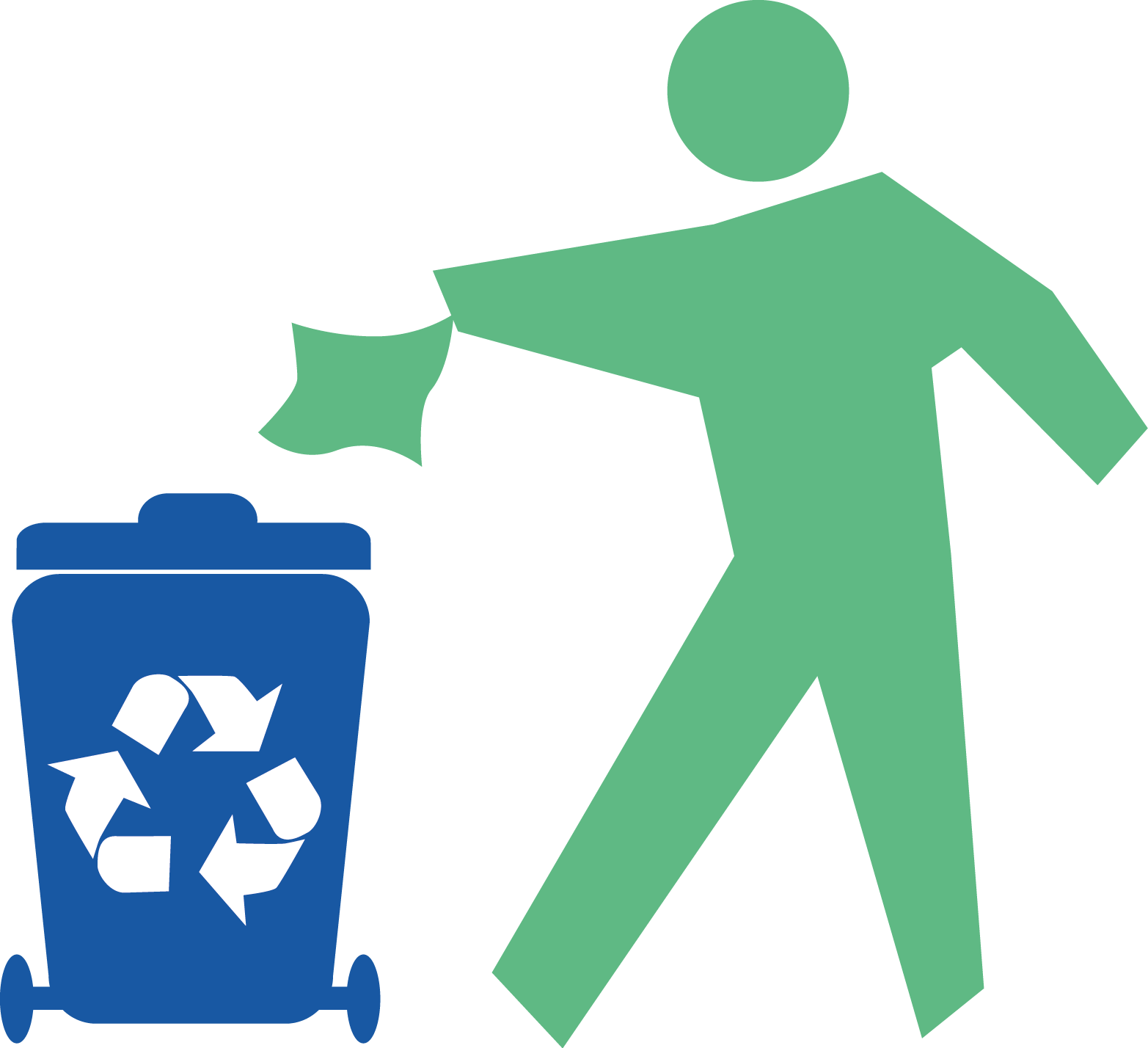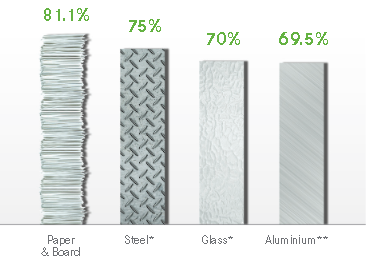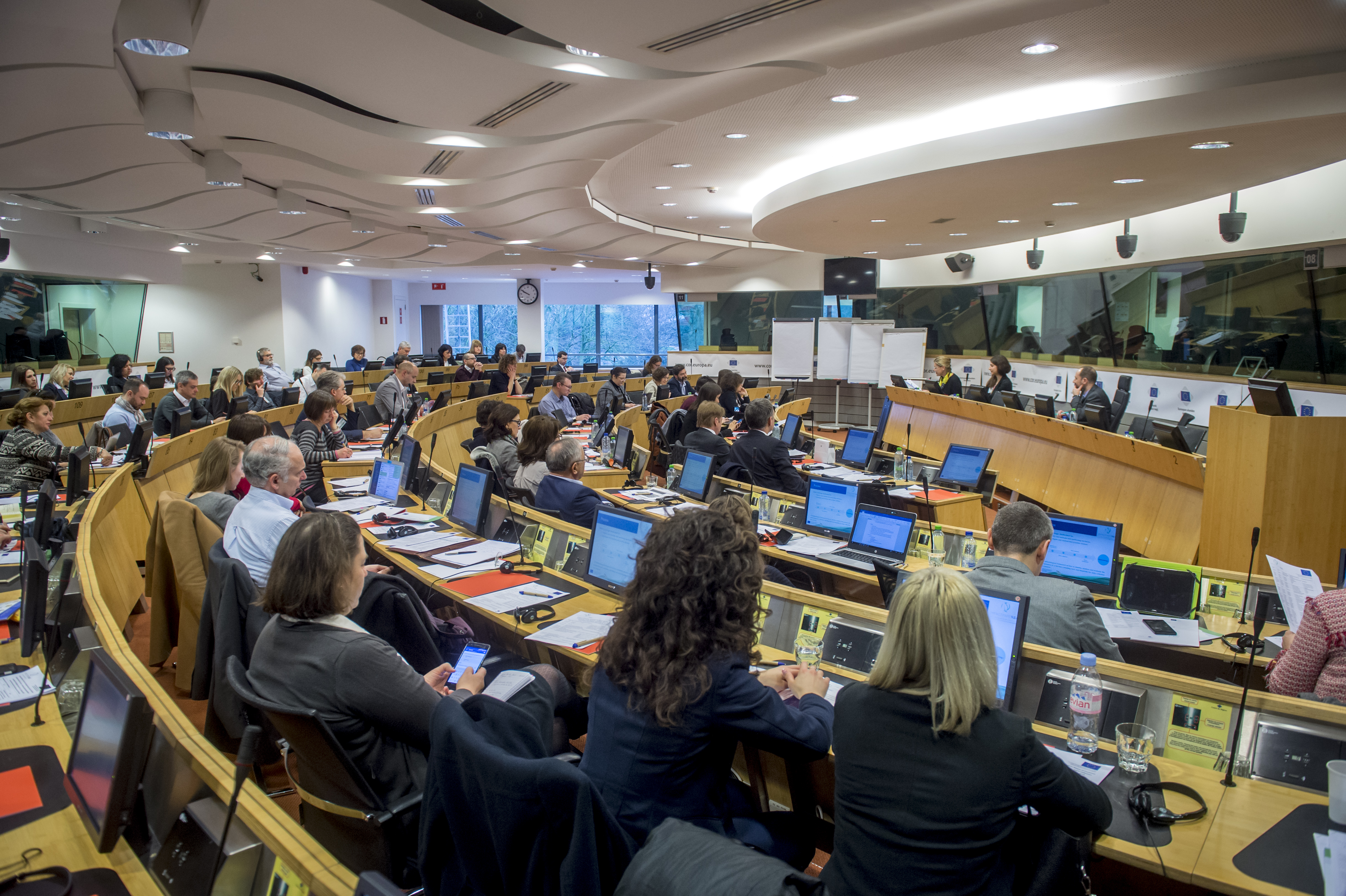Separate collection of paper for recycling will boost the Circular Economy in Europe.
Watch our video to see how IMPACTPapeRec can help you improve your perfomance in your community!
Did you know?
IMPACTPaperRec was a 2016 – 2018 project that aimed at putting Europe at the forefront of paper for recycling collection. Check the Good and best practice handbook for the collection of paper and board for recycling here.

Best practices will be spread widely in Europe.

Latest news
Events calendar
[add_eventon_el number_of_months=”12″ event_count=”3″ hide_so=”yes” ux_val=”3″ ]

